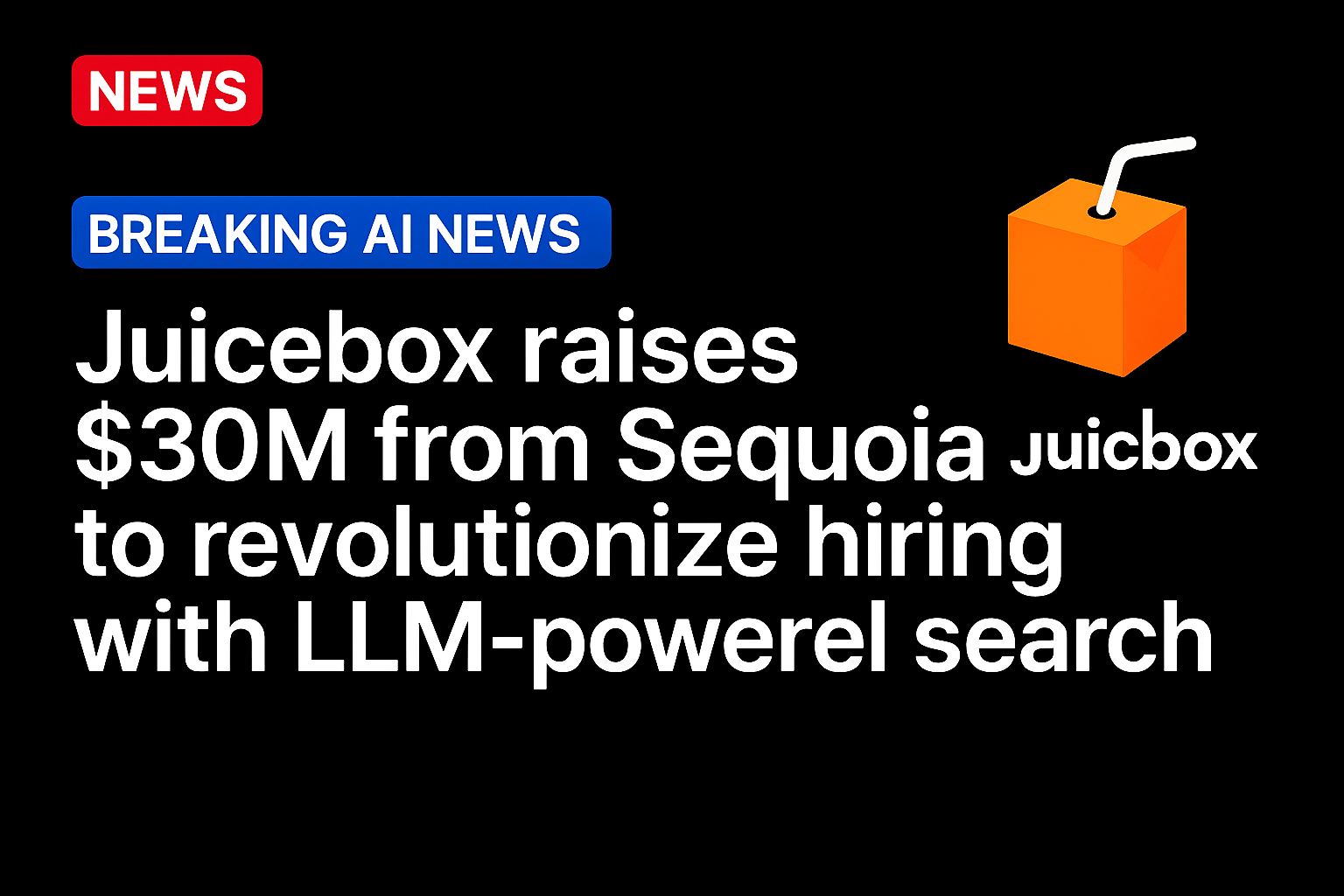Elon Musk, the billionaire CEO of Tesla and SpaceX, has become increasingly vocal in his criticisms of U.S. Vice President Kamala Harris. Recently, his attacks have taken on a more intense and erratic tone, with some suggesting that Musk is leveraging AI tools to amplify his messaging and influence public opinion.
A Growing Pattern of Online Criticism
Musk, known for his active presence on social media, has a history of speaking out on political issues and figures. Over the past few months, he has made several controversial comments about Kamala Harris, ranging from policy critiques to personal jabs. However, his recent posts and public statements have been described by some observers as “unhinged,” suggesting a shift toward more extreme rhetoric.
These attacks have raised eyebrows, not just for their content but also for how they are being spread. Many of Musk’s recent criticisms have gone viral, reaching millions of users and sparking widespread debate. Some analysts believe that AI tools may be playing a role in amplifying these messages, helping them gain traction and spread rapidly across digital platforms.
How AI is Amplifying Musk’s Messaging
AI-driven tools can be used to enhance the reach and impact of social media content. Techniques like sentiment analysis, targeted advertising, and automated content generation can help tailor messages to specific audiences, increasing the chances of engagement and virality. Musk, who has significant resources and access to advanced AI technology, could be using such tools to strategically amplify his criticisms of Harris.
- Automated Content Amplification: AI can be employed to boost the visibility of certain posts by automatically engaging with users who are more likely to respond positively. This could mean more retweets, shares, and comments, driving the content further up in social media algorithms.
- Targeted Ad Campaigns: AI tools can also be used to run highly targeted ad campaigns that ensure specific demographics see certain messages. This could amplify Musk’s critiques of Harris among audiences who are more likely to align with his views or those he aims to influence.
- Sentiment Analysis and Tailored Messaging: By analyzing online conversations and public sentiment, AI tools can help craft messages that resonate more deeply with specific groups. This might explain why some of Musk’s criticisms have gone viral, as they are fine-tuned to strike a chord with certain users.
The Ethics of AI in Political Discourse
The potential use of AI to amplify attacks on political figures raises important ethical questions. While Musk, like any citizen, has the right to express his views, the use of AI to potentially manipulate public opinion or spread inflammatory content could be seen as crossing a line. This also brings up broader concerns about the role of AI in politics and how it might be used to shape narratives, influence elections, or sway public perception.
There are calls for greater transparency and regulation around the use of AI in political discourse. Some experts argue that there should be clear guidelines on how AI can be used for political messaging, particularly when it comes to high-profile figures like Musk who have massive followings and the potential to wield significant influence.
A New Era of Political Influence
As the lines between technology, social media, and politics continue to blur, the potential for AI to be used as a tool of influence is becoming more apparent. Musk’s recent attacks on Kamala Harris, whether amplified by AI or not, highlight the need for a deeper conversation about how AI can be responsibly integrated into political and public life.
Conclusion
Elon Musk’s increasingly sharp attacks on Kamala Harris, possibly supported by AI tools, mark a new chapter in the intersection of technology and politics. As AI becomes more advanced, its potential to shape political narratives grows, raising questions about ethics, transparency, and the future of public discourse. Whether Musk’s approach will set a precedent for others remains to be seen, but it is clear that AI will play an ever-growing role in how political battles are fought in the digital age.





